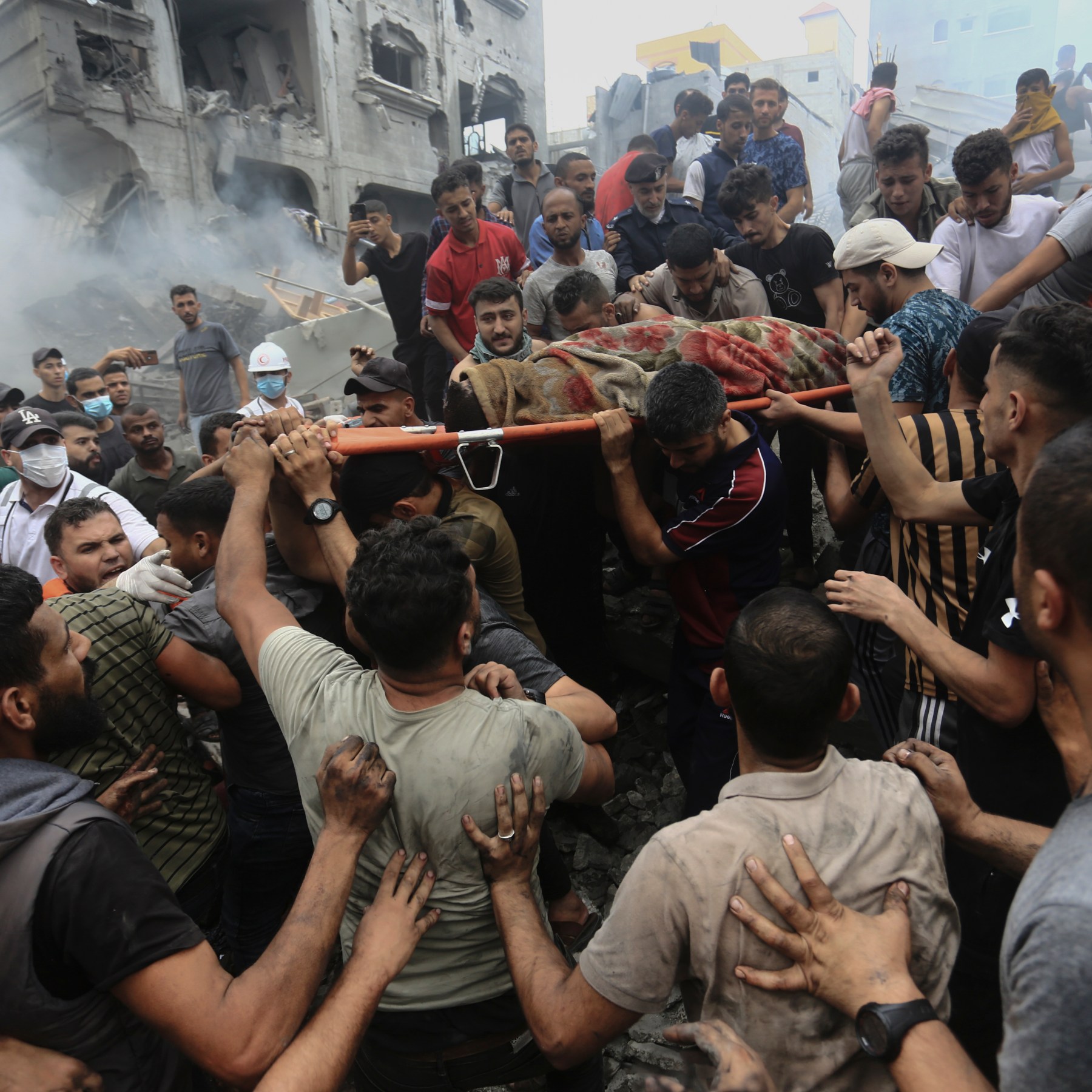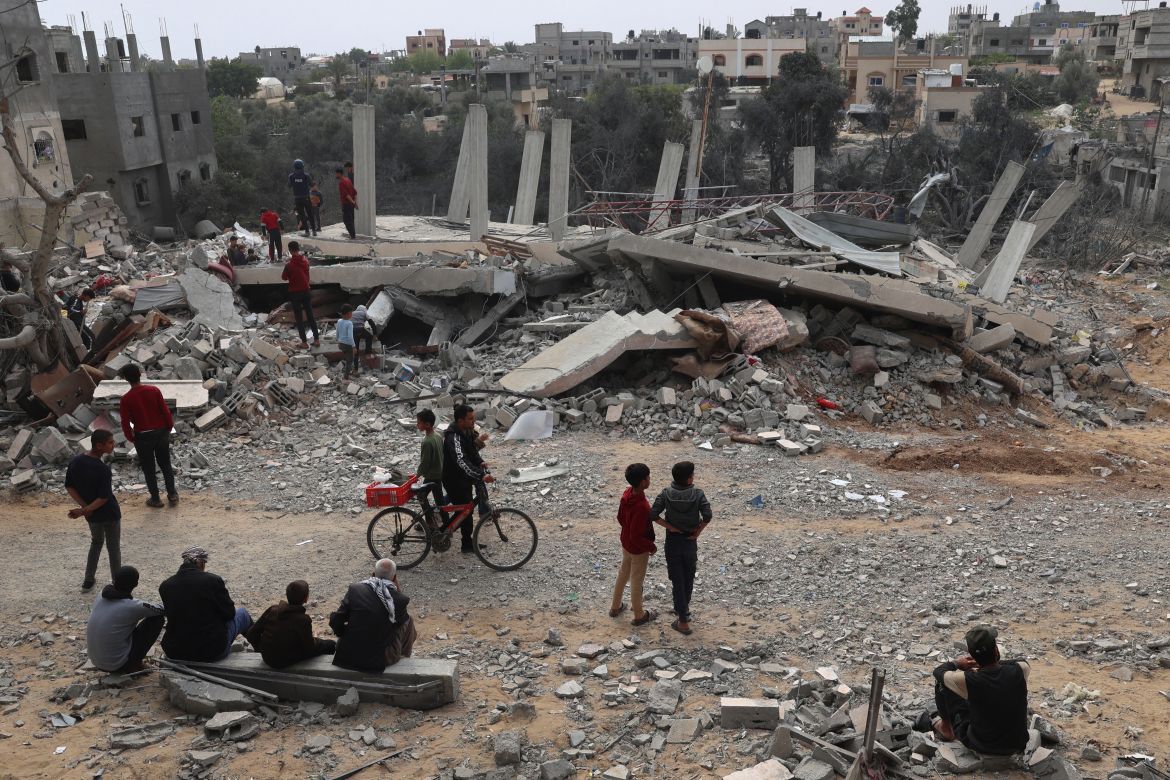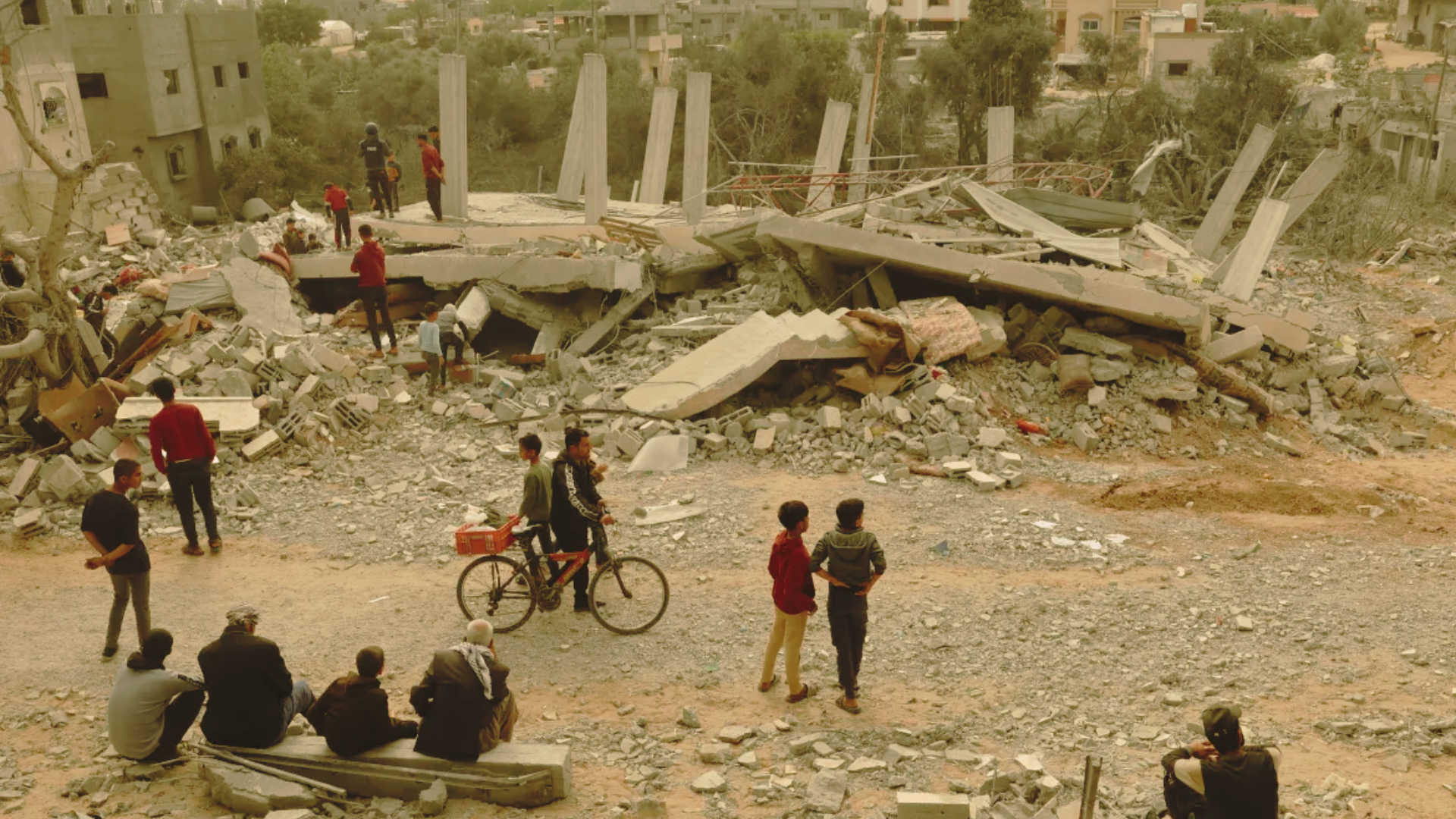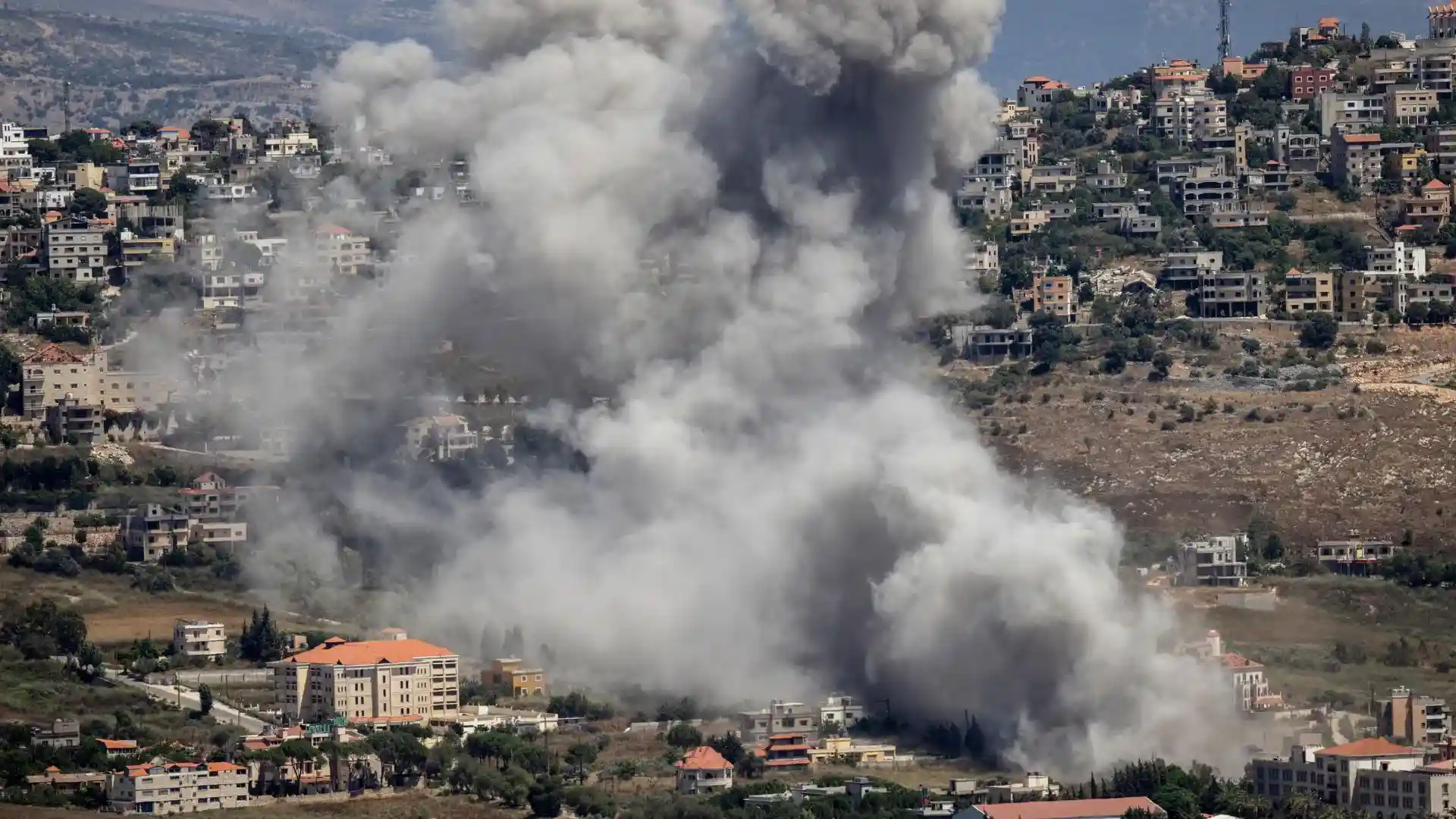In the latest escalation of violence in the Israeli-Palestinian conflict, Israeli air raids on the southern Gaza city of Rafah have resulted in a tragic loss of life, with health officials reporting the deaths of 22 people, including 18 children. The strikes, which occurred overnight, targeted areas where a significant portion of Gaza’s population has sought refuge from the ongoing fighting.
Despite calls for restraint from various quarters, including the United States, Israel has signaled its intention to expand its ground offensive against the Hamas militant group into Rafah, which lies on the border with Egypt. Prime Minister Benjamin Netanyahu has vowed to increase political and military pressure on Hamas in the coming days, stating that this is the only path to securing the release of hostages and achieving victory. However, specific details of these plans were not provided.

The devastating impact of the airstrikes is painfully evident in the accounts from Rafah. The first strike claimed the lives of a man, his wife, and their 3-year-old child, with the woman being pregnant at the time. Miraculously, doctors were able to save the unborn baby. The second strike targeted an extended family, resulting in the deaths of 17 children and two women. Among those killed were Rasha al-Beheiri and her six children, the youngest of whom was just 18 months old. Tragically, some victims remain trapped under the rubble, adding to the already staggering toll of civilian casualties.

The broader context of this conflict is marked by profound human suffering. According to local health officials, more than 34,000 Palestinians, including at least two-thirds children and women, have been killed since the conflict began. The destruction wrought by the violence has left Gaza’s largest cities in ruins, prompting around 80% of the territory’s population to flee to safer areas within the besieged enclave.
Against this backdrop, the United States has moved to approve a $26 billion aid package, which includes approximately $9 billion in humanitarian assistance for Gaza. This aid is urgently needed as Gaza teeters on the brink of famine due to the protracted conflict.

The repercussions of the Israeli-Palestinian conflict extend beyond the borders of Gaza and Israel. Regional tensions have been heightened, with direct confrontations between Israel and Iran raising fears of a broader conflagration. In the Israeli-occupied West Bank, violence has also flared, resulting in casualties on both sides.
As the cycle of violence persists, the toll on innocent civilians continues to mount. The international community must redouble its efforts to seek a peaceful resolution to the conflict, one that addresses the legitimate grievances of all parties involved and ensures the protection of civilian lives. Failure to do so will only perpetuate the cycle of violence and suffering that has plagued the region for far too long.


















